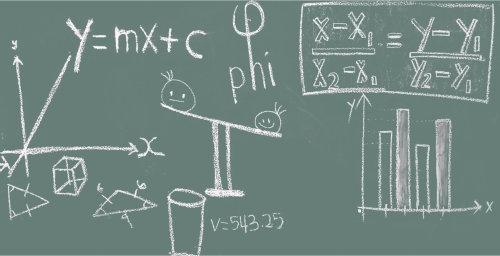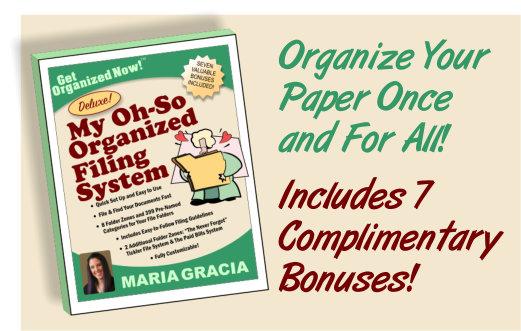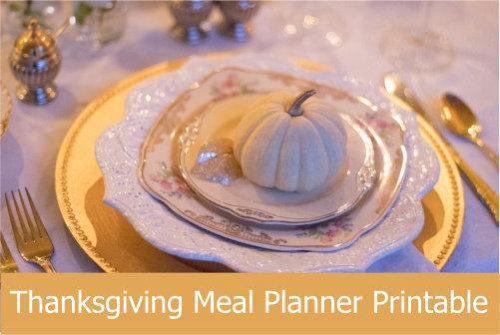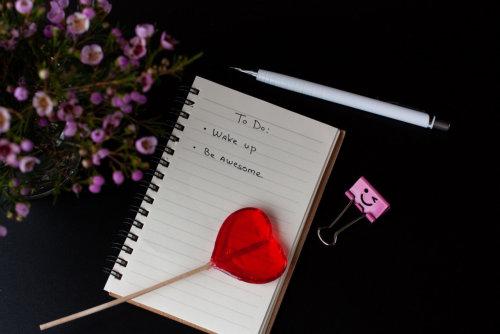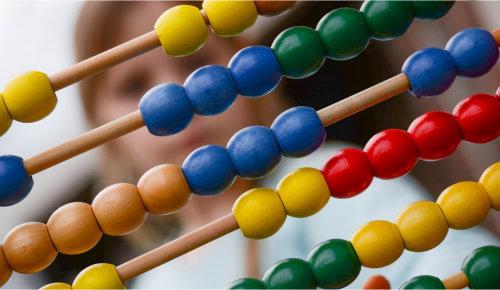In a world filled with constant stimuli and possessions, the impact of clutter on our lives is both tangible and profound. From misplacing car keys to navigating through a clutter-filled basement, clutter has become a more-than-challenging aspect of modern living for
thousands of people.
As we delve into the staggering statistics surrounding clutter, it becomes evident that the consequences extend beyond mere inconvenience, permeating into aspects of time, space, and even financial well-being.
These shocking statistics will help shed some light on the challenges posed by clutter in our daily lives.
Have you ever wondered how many items are in your home? The average American home has 300,000 items living in it. (The Huffington Post)
25% of people with 2-car garages don't have room to park their cars inside of it.
(U.S. Department of Energy)
80% of clutter is a result of disorganization, not a lack of space. (National Soap and Detergent Association)
Americans spend $2.7 billion annually on storage unit rental fees. More than 1/3 of Americans rent storage space...and a lot of that is for items that people don't want to part with but won't fit in their home! (PR Newswire)
Wait...before you file that paper: 80% of papers and information that we file or keep, we never use or look at again. (Agency Sales Magazine)
The average person today buys 60% more items of clothing than they did 15 years ago. (Earth
Day)
The average American spends 55 minutes a day looking for things they own but can't find. (Newsweek)
Americans make up to 156 impulse purchases every year, spending up to $5,400 annually, or $324,000 over their lifetime. (Dac Group)
Getting rid of excess clutter would eliminate 40% of the housework in the average home. (National Soap and Detergent
Association). If this is not the biggest reason to get rid of clutter, I don't know what is!! None of us wants more to clean!
The organizing products industry in the U.S. is worth $8.6 billion. (Statista)
Addressing clutter is not merely a matter of aesthetics; it's a crucial step towards reclaiming our time, resources, and mental peace.
Let these statistics serve as a refreshing
wake-up call, prompting us all to reassess our relationship with possessions while embracing the liberating potential of a clutter-free existence.




